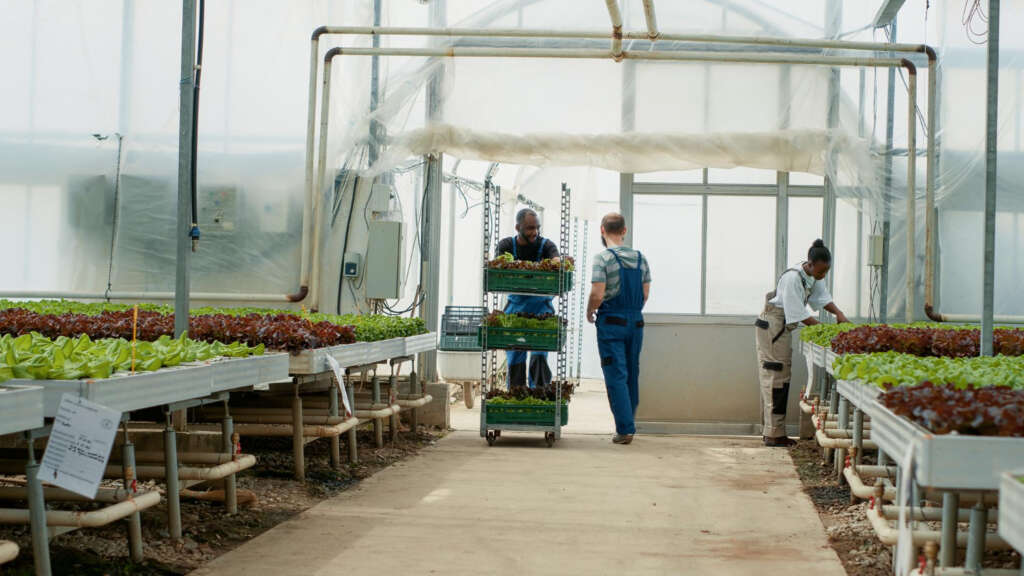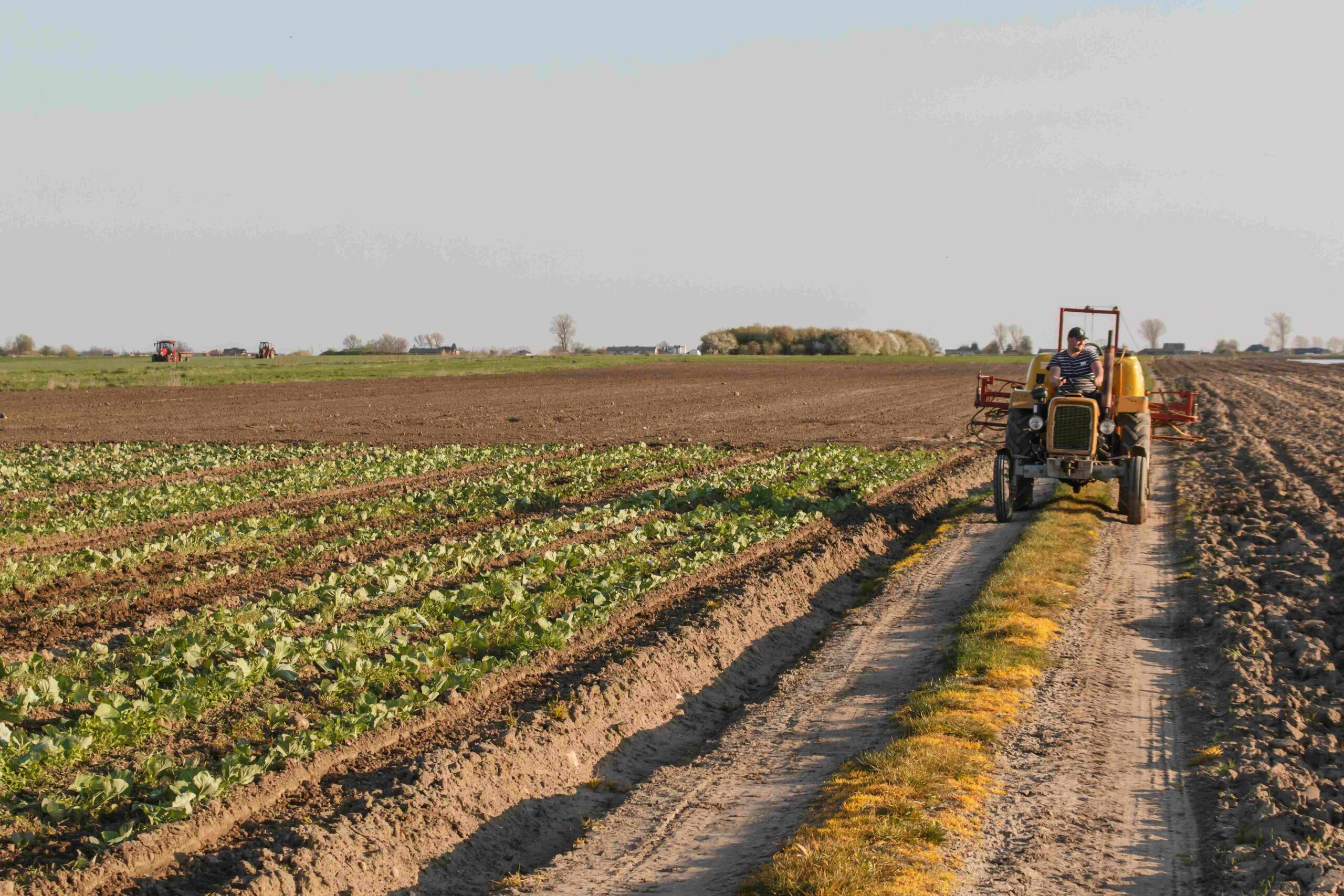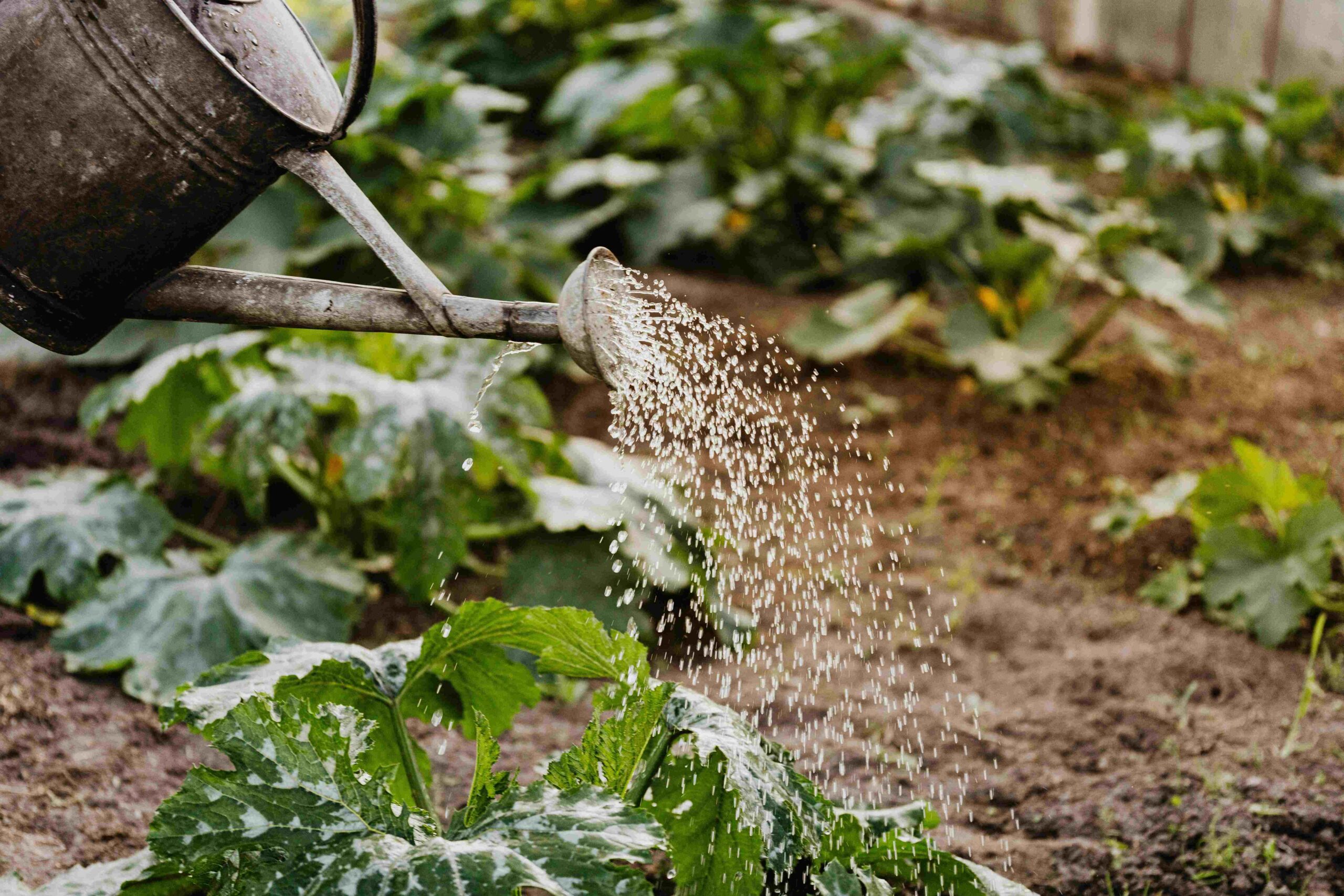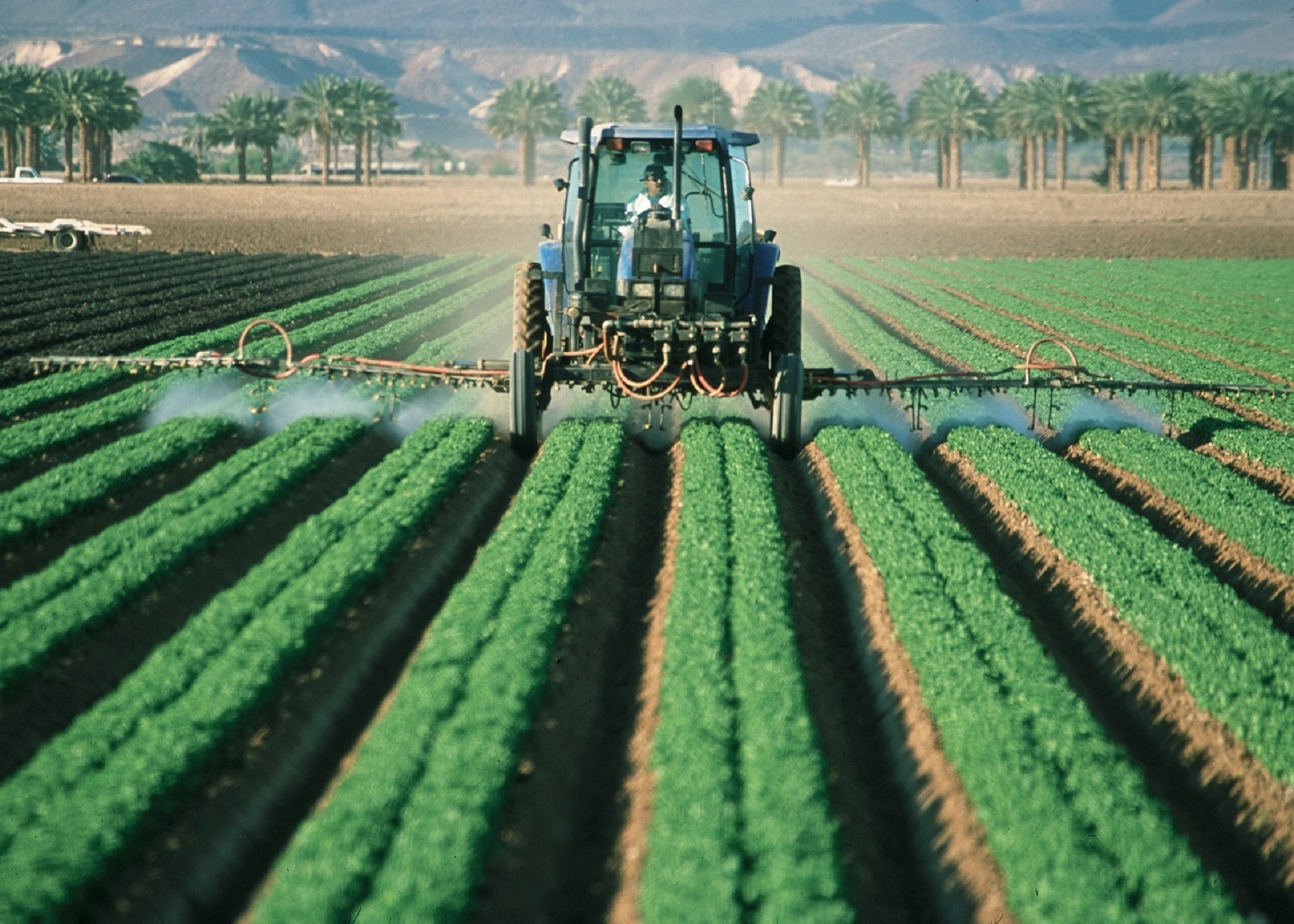Organic Farming: Bio Kheti

BioKheti (Organic farming) is an agricultural production system that prioritizes the use of natural and ecological processes to manage crops and livestock. This system of farming does not use synthetic chemicals, such as pesticides and fertilizers, to grow crops. It focuses on the health of the soil, plants, animals, and the environment through sustainable agriculture. Organic farming is more than just a way of growing food; it is a way of life that is committed to protecting the environment and the health of both farmers and consumers..
BioKheti (Organic farming)is designed to create a self-sustaining system and rely on natural resources. The technique combines best practices as a system of food production and farm management. The practices include:
The cost of production in organic farming is often high and the market price for the product is higher compared to conventionally grown produce.
Principles of Organic Farming
The principles of the organic farming approach consider the farm as a whole system. They include:
Objectives of organic farming
The objectives of organic farming are to:
Benefits of organic farming
- Improved food safety since organic farming produces food free from synthetic chemicals making the food healthier and more nutritious.
- Organic farming promotes the use of natural resources and thus protects the environment by reducing pollution from synthetic chemicals.
- It promotes biodiversity by preserving and enhancing natural habitats. This helps protect endangered species and promote the overall health of ecosystems.
- BioKheti (Organic farming) promotes soil health and fertility by using natural methods, which can lead to healthier plants and quality yields
- Improved animal welfare, as organic standards require that animals be raised in conditions that are more natural and have access to the outdoors, and avoid using synthetic hormones and antibiotics, which can cause harm to both animals and humans.
Disadvantages of Organic Farming
Organic farmers should consider the risks and take proper measures to overcome them.
- BioKheti (Organic farming)can result in lower crop yields and may require more land to produce the same amount of crops as conventional farming
- It can be more expensive than conventional farming because it requires more labor and resources to maintain soil health and manage pests.
- Bio Food (Organic food )is more challenging to find and can be more expensive than conventionally grown food.
- The exact rules and legislation for organic products, production techniques, and control measures differ in different jurisdictions. This can limit access to organic food for some consumers.
- Organic farms face contamination from practices applied in surrounding fields such as spraying pesticides on windy days or contaminated water sources.
Despite these challenges, demand for organic food continues to grow, more consumers prioritize their health, environmental, and animal welfare concerns in their purchasing decisions.
Conclusion
To be or not to be organic is a personal decision based on your values, individual health concerns, environmental concerns, and budget considerations. Organic farming is a viable and sustainable alternative to conventional farming. To be successful in organic farming, farmers require extensive research, training, guidance, and some special handling of their farms. While it may require more effort and resources, the benefits to soil health, environmental sustainability, and animal welfare make it a worthwhile investment for farmers and consumers.




